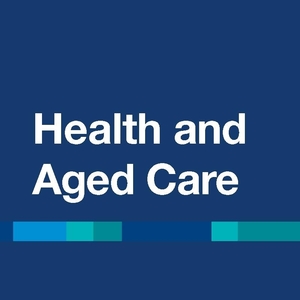From 1 September 2023, many patients living with a chronic condition will be able to buy 2 months’ worth (60-days’) of common PBS-listed medicines for the price of a single prescription, rather than the current 1 month’s supply.
This will apply to more than 300 common medicines listed on the PBS and will be implemented in three tranches over 12 months. See PDF link here for all the medicines included
When fully implemented on 1 September 2024, the changes will mean at least 6 million Australians who need regular medicines for chronic conditions will reduce their medicine costs, some by as much as half.
The list of PBS medicines recommended by the independent Pharmaceutical Benefits Advisory Committee (PBAC) as suitable includes some medicines for chronic conditions such as for:
Asthma
breast cancer
cardiovascular disease
chronic obstructive pulmonary disease (COPD)
constipation
chronic renal failure
Crohn’s disease
depression
diabetes
endometriosis
endometrial cancer
epilepsy
glaucoma and dry eyes
gout
heart failure
high cholesterol
hormonal replacement and modulation therapy
hypertension
osteoporosis
Parkinson disease
ulcerative colitis.
Benefits and cost savings
When a PBS medicine can be prescribed for 60 days patients can save:
up to $180 a year, per medicine for general patients
up to $43.80 a year, per medicine for concession card holders.


@donga100: Yes, like paying for PWC auditors :)